The Complete Guide to Gender Selective IVF in Tijuana
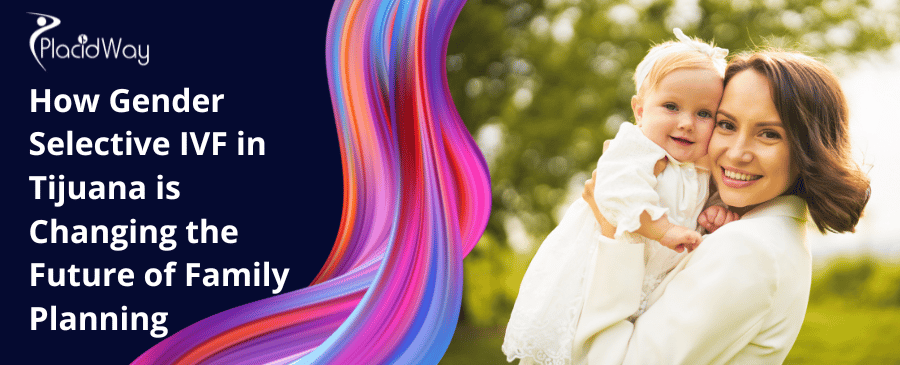
In recent years, Tijuana, Mexico, has emerged as a prominent destination for fertility treatments, including gender selective IVF. This advanced reproductive technology provides couples with the unique option to select the sex of their child before pregnancy. This blog post delves into how gender selective IVF in Tijuana is reshaping family planning by addressing common questions, providing comprehensive answers, and exploring the ethical and practical considerations involved. The ability to choose a baby's gender offers solutions for family balancing and the crucial prevention of serious sex-linked genetic diseases, providing hope and control to prospective parents.
What is Gender Selective IVF?
"Gender selective IVF is a process that involves In Vitro Fertilization (IVF) combined with Preimplantation Genetic Testing (PGT-A) to determine the sex of embryos before they are implanted into the uterus."
Gender selective IVF, often referred to as sex selection, is a sophisticated reproductive technology that allows parents to choose the sex of their future child. This is achieved through In Vitro Fertilization (IVF), where eggs are fertilized by sperm outside the body to create embryos. Once the embryos develop, a small biopsy is taken from each, and this genetic material is then analyzed using Preimplantation Genetic Testing for Aneuploidies (PGT-A). PGT-A not only identifies chromosomal abnormalities but also accurately determines the sex of each embryo. Only embryos of the desired sex are then selected for transfer into the mother's uterus, greatly increasing the likelihood of conceiving a child of the chosen gender. This method offers a high degree of accuracy and is a key component of modern family planning, especially for those seeking family balancing or looking to avoid sex-linked genetic conditions.
Why are Couples Choosing Gender Selective IVF in Tijuana?
"Couples are increasingly choosing gender selective IVF in Tijuana due to its affordability, access to advanced reproductive technologies like PGT-A, and Mexico's more permissive legal framework regarding gender selection compared to other countries."
Tijuana has become a sought-after destination for gender selective IVF for several compelling reasons. A primary driver is the significantly lower cost of fertility treatments in Mexico compared to countries like the United States or Canada, often without compromising on the quality of care or technology. Clinics in Tijuana are equipped with state-of-the-art laboratories and staffed by highly trained fertility specialists. Furthermore, Mexico's legal stance on gender selection is generally more flexible, making it accessible for couples who may face stricter regulations or outright prohibitions in their home countries. This combination of affordability, advanced technology (specifically PGT-A for sex determination), and a favorable legal environment makes Tijuana an attractive option for couples seeking to balance their families or prevent genetic diseases.
What is Preimplantation Genetic Testing (PGT-A) and How Does It Relate to Gender Selection?
"Preimplantation Genetic Testing for Aneuploidies (PGT-A) is a genetic screening test performed on embryos created through IVF that identifies chromosomal abnormalities and also determines the sex of the embryo with nearly 100% accuracy, making it the most precise method for gender selection."
PGT-A is a crucial component of gender selective IVF. After eggs are fertilized in the lab during an IVF cycle, the resulting embryos are allowed to grow for several days, typically to the blastocyst stage. At this point, a highly skilled embryologist carefully removes a few cells from the trophectoderm (the outer layer of cells that will eventually form the placenta) of each embryo. These biopsied cells are then sent to a specialized genetic laboratory for analysis. The PGT-A analysis examines the chromosomes of each embryo, identifying any numerical or structural chromosomal abnormalities (aneuploidies) that could lead to implantation failure, miscarriage, or genetic disorders. Critically, this testing also reveals the sex of each embryo (XX for female, XY for male). Based on these results, only embryos of the desired gender and deemed chromosomally healthy are selected for transfer back into the uterus. This ensures a high level of accuracy for gender selection and also improves the overall chances of a successful and healthy pregnancy, especially when considering the prevention of sex-linked genetic conditions.
Is Gender Selection Legal in Tijuana, Mexico?
"Yes, gender selection for family balancing and medical reasons, such as preventing sex-linked genetic diseases, is generally permitted in Tijuana, Mexico, as there are no specific federal laws prohibiting the practice."
Unlike some countries with strict regulations or outright bans on gender selection for non-medical reasons, Mexico, and specifically Tijuana, has a more lenient legal landscape. There are no overarching federal laws that explicitly prohibit the practice of gender selection within the context of IVF and PGT-A. This regulatory environment allows fertility clinics in Tijuana to offer gender selective IVF services to international patients, whether for family balancing (to achieve a desired male-to-female ratio in their family) or for crucial medical reasons, such as avoiding the transmission of sex-linked genetic disorders to their offspring. This legal permissiveness is a significant factor contributing to Tijuana's popularity as a destination for this specialized fertility treatment.
What is the Success Rate of Gender Selective IVF in Tijuana?
"The success rate of gender selective IVF in Tijuana using PGT-A for sex determination is nearly 100% accurate for identifying the gender of the embryos, while the IVF pregnancy success rates are comparable to international standards, typically ranging from 50-70% per embryo transfer, depending on factors like maternal age and embryo quality."
When it comes to gender selection accuracy through PGT-A, the process is remarkably reliable, approaching 100% accuracy in identifying the correct sex of the embryo. However, it's important to distinguish between gender identification accuracy and the overall IVF pregnancy success rate. While the PGT-A test confidently identifies the sex, the ultimate success depends on the embryo implanting and developing into a viable pregnancy. IVF pregnancy success rates in Tijuana vary based on several factors, including the woman's age, the quality of the embryos, the clinic's expertise, and any underlying fertility issues. Generally, reputable clinics in Tijuana report success rates for IVF with embryo transfer that are competitive with top clinics worldwide, often ranging from 50% to 70% per transfer, especially for younger patients with good quality embryos. This high success rate, combined with accurate gender selection, makes gender selective IVF in Tijuana a highly effective option for family planning and sex-linked disease prevention.
What is the Cost of Gender Selective IVF in Tijuana?
"The cost of gender selective IVF in Tijuana typically ranges from $8,000 to $15,000 USD, including the standard IVF cycle and the additional Preimplantation Genetic Testing (PGT-A) for sex determination, offering significant savings compared to similar procedures in the U.S. or Canada."
One of the most attractive aspects of pursuing gender selective IVF in Tijuana is the cost-effectiveness. While prices can vary between clinics and depend on individual patient needs, a full cycle of IVF with gender selection (including the PGT-A component) generally costs significantly less than in many Western countries. For instance, a basic IVF cycle in Mexico might range from $6,000 to $9,500, with the addition of PGT-A for gender selection bringing the total to approximately $8,000 to $15,000 USD. This compares favorably to costs in the United States, where a single IVF cycle alone can exceed $20,000, and adding genetic testing can push the total much higher. These substantial savings make gender selective IVF in Tijuana a financially viable option for many couples seeking family balancing or genetic disease prevention who might otherwise be unable to afford the procedure.
How Long Does the Gender Selective IVF Process Take?
"The gender selective IVF process in Tijuana typically spans several weeks, involving an initial consultation, ovarian stimulation (10-14 days), egg retrieval, embryo
The timeline for gender selective IVF in Tijuana is similar to a standard IVF cycle but includes an additional waiting period for PGT-A results. Initially, couples will undergo a comprehensive consultation, often virtually, to discuss their medical history and treatment plan. The active treatment phase begins with ovarian stimulation, where the female partner takes fertility medications for approximately 10 to 14 days to encourage multiple eggs to mature. This is followed by egg retrieval, a minor surgical procedure. The retrieved eggs are then fertilized with sperm in the lab. The resulting embryos are cultured for about 5-7 days until they reach the blastocyst stage, at which point a biopsy is performed for PGT-A. The genetic testing results, including gender identification, typically take 1 to 2 weeks to come back. Once the results are in, and the desired gender-selected embryo is identified, the embryo transfer procedure can be scheduled. The entire process, from the start of stimulation to embryo transfer, can take around 3-5 weeks, with some variations depending on individual patient response and clinic protocols.
What are the Ethical Considerations of Gender Selection IVF?
"The ethical considerations surrounding gender selection IVF primarily involve concerns about potential gender imbalance in society, the perception of children as 'designer babies,' and the potential for reinforcing gender stereotypes, though it is widely accepted for preventing sex-linked genetic diseases."
Gender selection IVF, particularly for non-medical reasons like family balancing, raises significant ethical debates. Critics often express concerns that widespread use could lead to an imbalance in the male-to-female ratio within a population, potentially causing societal issues. There are also worries that it could reduce the intrinsic value of a child, making them seem like a "designer baby" chosen based on specific traits rather than being welcomed unconditionally. Furthermore, some argue that it could perpetuate or reinforce gender stereotypes by implying one gender is more desirable than another. However, most ethicists and medical professionals agree that gender selection is ethically justifiable when used to prevent the transmission of severe sex-linked genetic disorders, as it can spare a child from a life-altering illness. Clinics in Tijuana often provide counseling to ensure couples fully understand these ethical implications and make informed decisions.
Are There Any Risks Associated with Gender Selective IVF?
"The risks associated with gender selective IVF are similar to those of conventional IVF, including Ovarian Hyperstimulation Syndrome (OHSS), multiple pregnancies, and procedural risks related to egg retrieval, with the added, though minimal, risk of embryo damage during the PGT-A biopsy."
While gender selective IVF offers significant benefits, it's important to be aware of the potential risks, which largely mirror those of standard IVF procedures. These include:
- Ovarian Hyperstimulation Syndrome (OHSS): A condition where the ovaries swell and become painful due to fertility medications. Most cases are mild, but severe OHSS can be serious.
- Multiple Pregnancies: Transferring more than one embryo increases the chance of twin or triplet pregnancies, which carry higher risks for both mother and babies, such as premature birth and low birth weight.
- Procedural Risks: Egg retrieval involves a minor surgical procedure with risks like bleeding, infection, and damage to surrounding organs.
- Embryo Biopsy Risk: Although rare and performed by highly skilled embryologists, there is a minimal theoretical risk of damaging the embryo during the PGT-A biopsy process, potentially affecting its viability.
- Failed Implantation: Despite PGT-A identifying healthy, gender-selected embryos, there's no guarantee of successful implantation or pregnancy.
Reputable clinics in Tijuana prioritize patient safety and will thoroughly discuss these risks, implementing protocols to minimize them.
What is Family Balancing and How Does Gender Selective IVF Facilitate It?
"Family balancing refers to the desire of parents to have children of both sexes, or a specific male-to-female ratio within their family, and gender selective IVF facilitates this by allowing them to choose the sex of their next child with high accuracy using PGT-A."
For many couples, family balancing is a significant motivation for pursuing gender selective IVF. This desire stems from various personal reasons, such as having several children of one sex and wanting to experience raising a child of the opposite sex, or simply aiming for an equal number of boys and girls in their family. Gender selective IVF, through the precise identification of embryo sex using PGT-A, provides an effective and highly accurate method to achieve this. By selecting and transferring only embryos of the desired gender, couples can strategically plan the composition of their family, fulfilling their personal preferences for family balancing and creating the family dynamic they envision.
Can Gender Selective IVF Help Prevent Genetic Diseases?
"Yes, gender selective IVF combined with Preimplantation Genetic Diagnosis (PGD) (or PGT-M for monogenic disorders) is a highly effective method for preventing the transmission of sex-linked genetic diseases to offspring by allowing parents to select embryos that are not affected or are of a gender less likely to be affected."
Beyond family balancing, a crucial medical application of gender selective IVF is the prevention of sex-linked genetic diseases. These are genetic conditions that are carried on the X or Y chromosome and primarily affect one sex. Examples include hemophilia, Duchenne muscular dystrophy, and fragile X syndrome, which predominantly affect males. If one or both parents are carriers of such a condition, they can use IVF in conjunction with Preimplantation Genetic Diagnosis (PGD) – now often referred to as PGT-M (Preimplantation Genetic Testing for Monogenic Disorders) – to screen embryos for the specific genetic mutation. This allows for the selection of embryos that are free of the disease or, if the disease is sex-linked, to specifically choose embryos of the unaffected gender. This ability to avoid passing on serious genetic diseases represents a profound advancement in reproductive medicine, offering immense relief and certainty to at-risk families.
What is the Difference Between PGT-A and PGT-M/PGD in the Context of Gender Selection?
"PGT-A (Preimplantation Genetic Testing for Aneuploidies) is used for gender selection by identifying the sex chromosomes (XX or XY) in embryos and screening for overall chromosomal health, while PGT-M (Preimplantation Genetic Testing for Monogenic Disorders), formerly PGD, is specifically used to detect single-gene disorders, often sex-linked genetic diseases, within embryos, which can then also guide gender selection for medical reasons."
While both PGT-A and PGT-M (PGD) involve genetic testing of embryos during an IVF cycle, their primary purposes differ. PGT-A focuses on screening embryos for chromosomal abnormalities, such as an incorrect number of chromosomes (aneuploidies), which are a common cause of miscarriage and birth defects. As part of this screening, PGT-A inherently identifies the sex chromosomes (XX for female, XY for male), making it the method used for gender selection for family balancing.
PGT-M (Preimplantation Genetic Testing for Monogenic Disorders), previously known as PGD, is a more targeted test. It is used when parents are known carriers of a specific single-gene genetic disorder (e.g., cystic fibrosis, Huntington's disease, or sex-linked conditions like hemophilia). PGT-M specifically looks for the presence or absence of that particular genetic mutation in each embryo. If the genetic disorder is sex-linked, the results of PGT-M will guide the selection of healthy embryos that are also of the desired or unaffected gender. Therefore, while PGT-A is typically used for elective gender selection and overall chromosomal health, PGT-M is used for disease prevention, and can indirectly or directly lead to gender selection in cases of sex-linked genetic diseases.
What Should I Look For in a Tijuana IVF Clinic for Gender Selection?
"When choosing a Tijuana IVF clinic for gender selection, look for one with significant experience in PGT-A, high IVF success rates, a modern embryology laboratory, transparent pricing, strong patient testimonials, and bilingual staff to ensure clear communication and comprehensive care."
Selecting the right clinic for gender selective IVF in Tijuana is a critical decision. Here are key factors to consider:
- Experience with PGT-A and Gender Selection: The clinic should have a proven track record and extensive experience in performing PGT-A for gender selection, demonstrating their expertise in the intricate biopsy and genetic analysis processes.
- High Success Rates: While individual results vary, inquire about the clinic's overall IVF success rates, particularly for patients in your age group and with similar fertility profiles.
- Accreditation and Quality Standards: Ensure the clinic adheres to international quality standards and has appropriate accreditations, demonstrating a commitment to patient safety and ethical practices.
- State-of-the-Art Laboratory: A modern embryology lab with advanced equipment is essential for optimal embryo development, biopsy, and cryopreservation.
- Transparent Pricing: The clinic should provide a clear and comprehensive breakdown of all costs associated with gender selective IVF, including the IVF cycle, PGT-A, medications, and any potential additional fees.
- Patient Testimonials and Reviews: Read reviews and testimonials from previous patients to gauge their experiences with the clinic's care, communication, and overall satisfaction.
- Bilingual Staff and Patient Support: For international patients, access to bilingual medical and administrative staff is crucial for clear communication, understanding treatment plans, and managing logistics.
- Counseling Services: A clinic that offers genetic counseling and psychological support can be invaluable in navigating the emotional and ethical aspects of gender selection and the IVF journey.
By thoroughly researching these aspects, you can make an informed decision and choose a reputable Tijuana IVF clinic that aligns with your family planning goals.
Explore PlacidWay for solutions related to medical tourism, healthcare services, or other relevant offerings.


.png)
.png)

-Package-at-Advanced-Fertility-Center-Cancun,-Cancun,-Mexico.png)

.png)
.png)

.png)
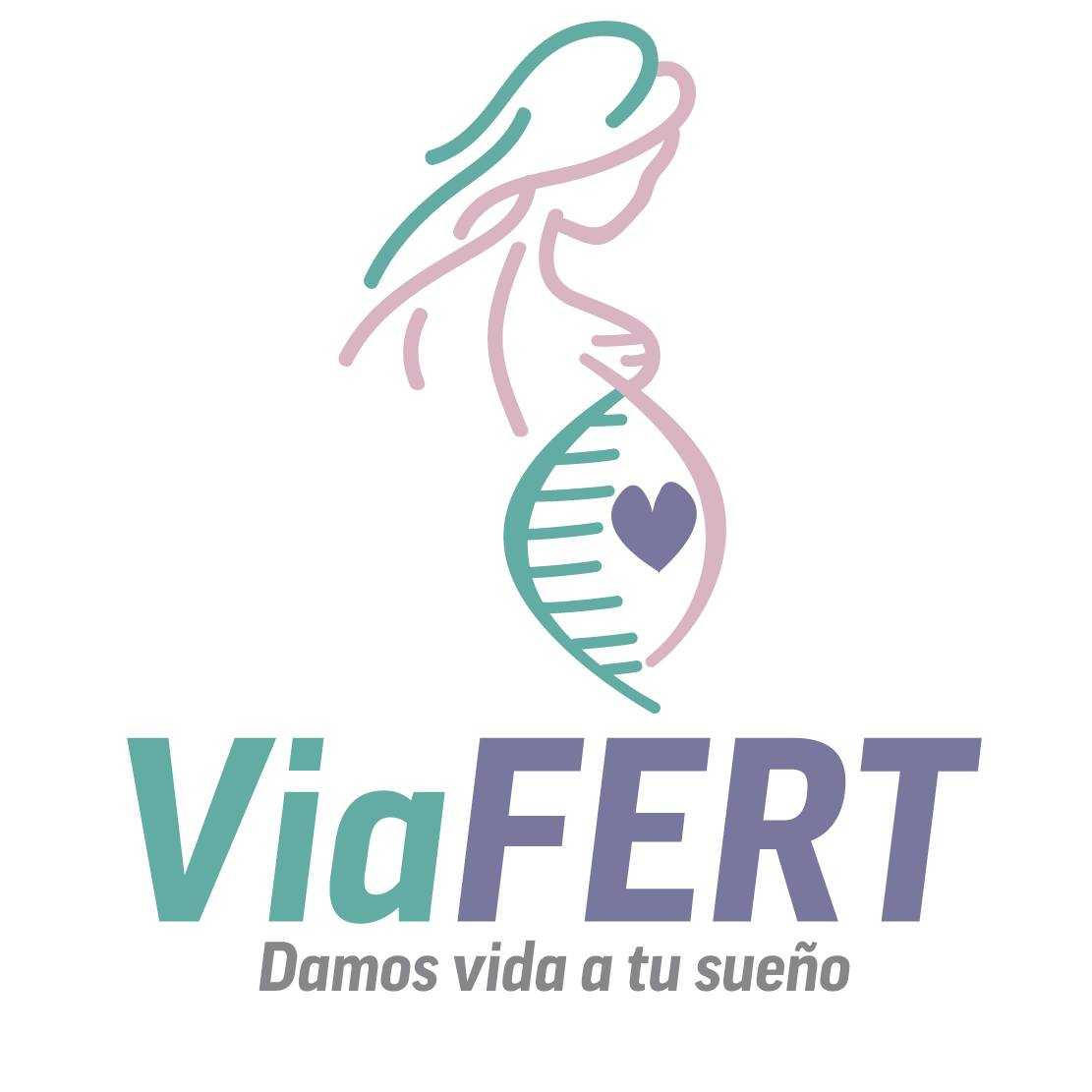
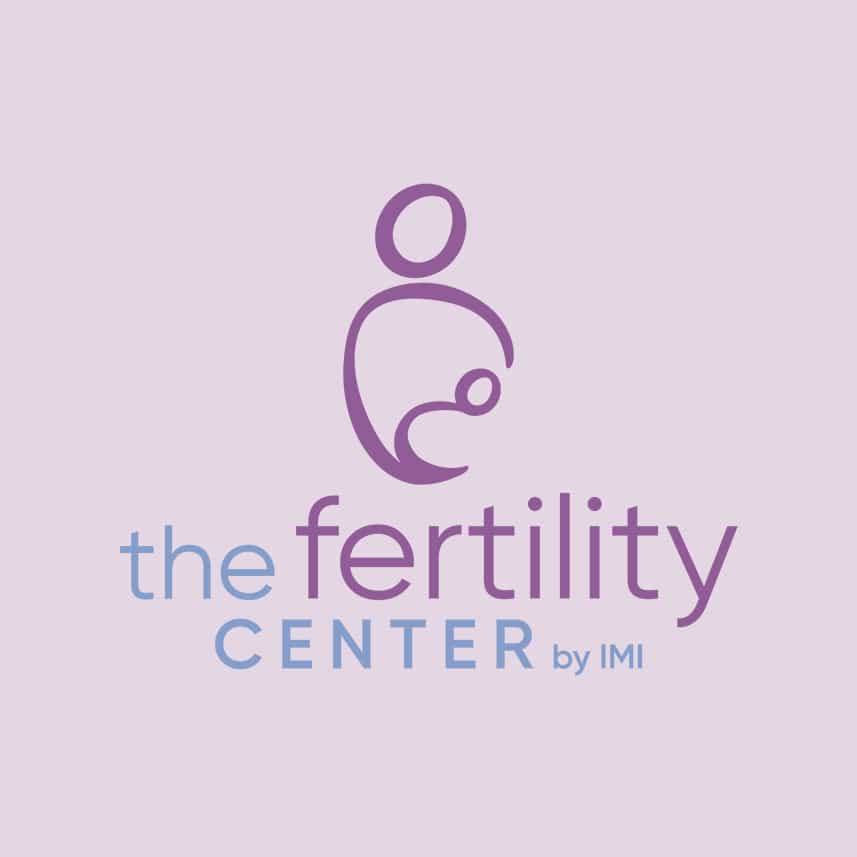
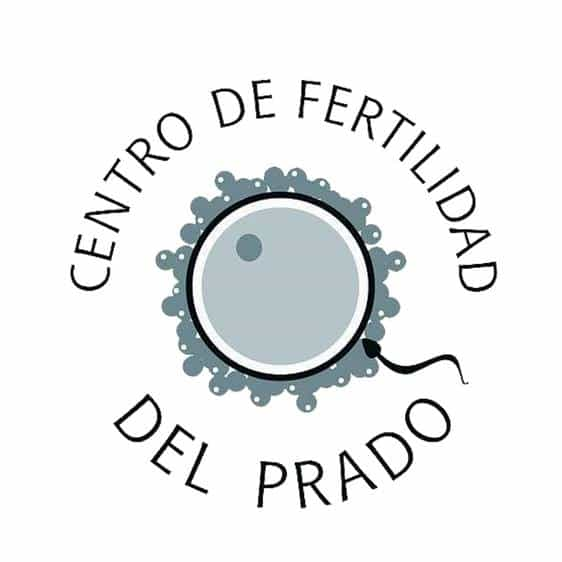

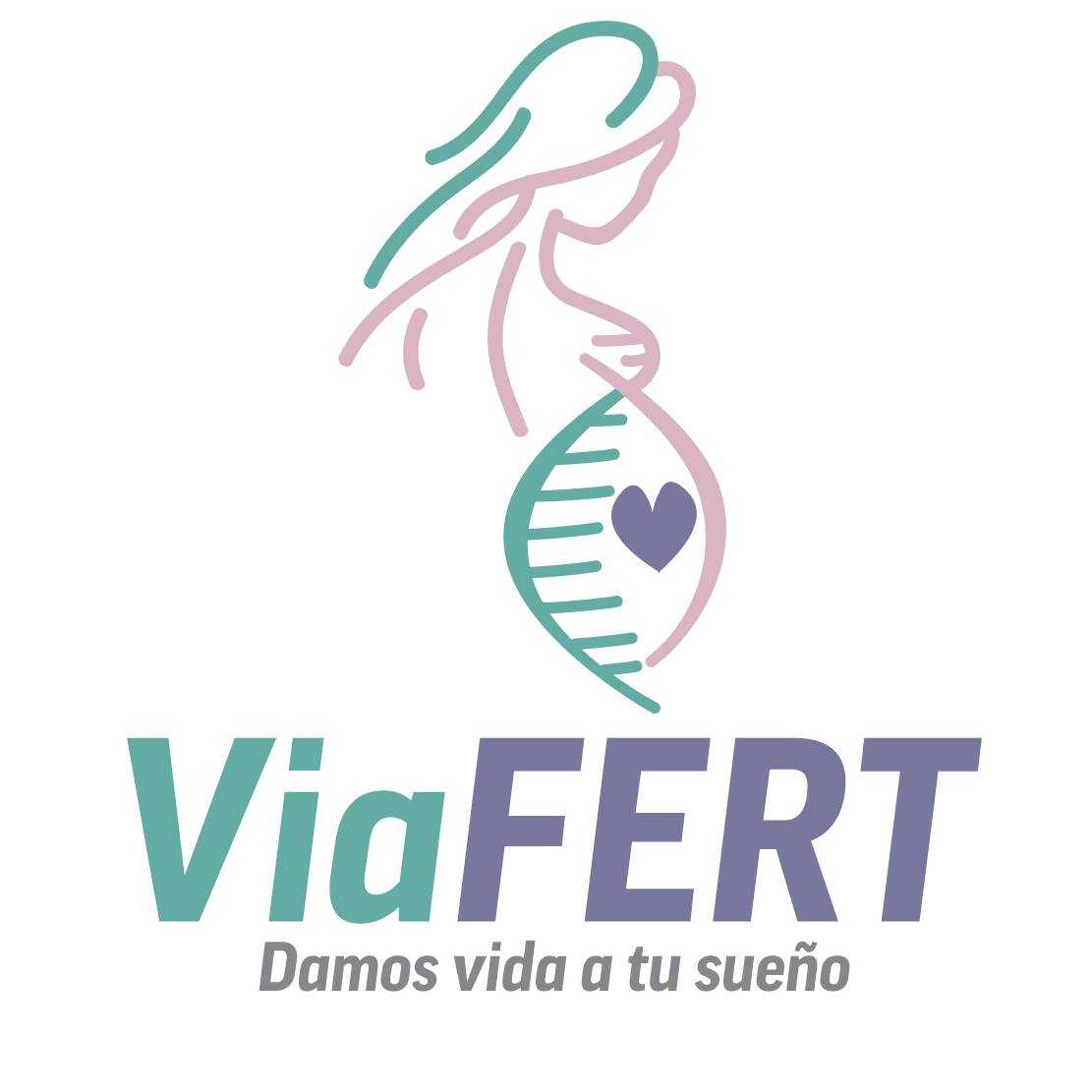

Share this listing